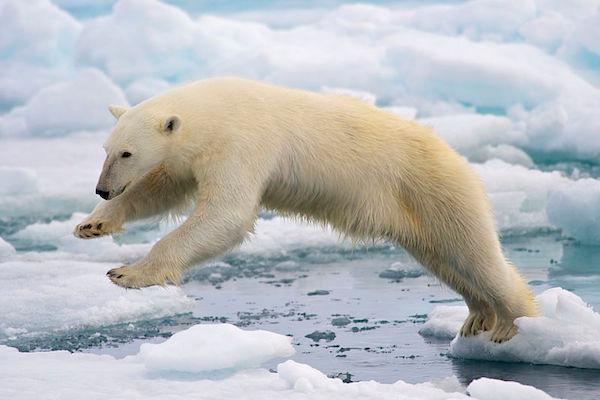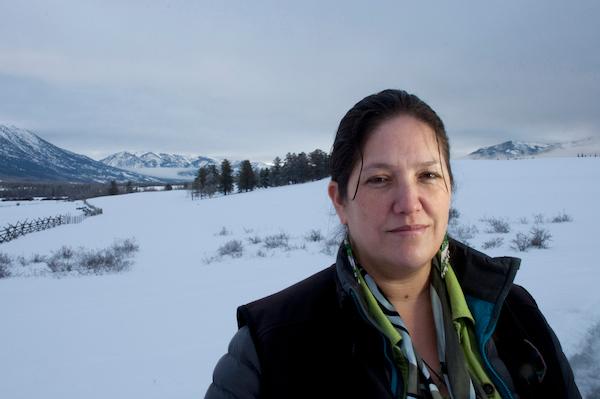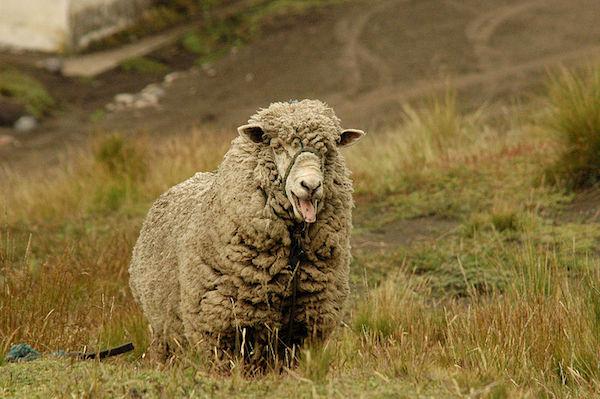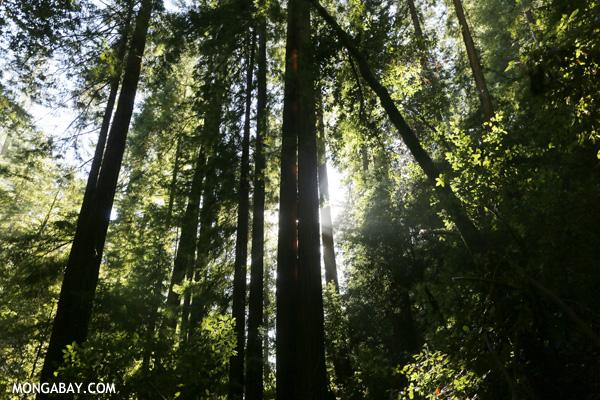In one of the many major announcements that have come out of the UN Climate Summit in New York this week, Norway says it will pay Liberia to stop cutting down its forests. According to the terms of the deal, Norway’s payment will come on the form of development aid for the war-torn, impoverished, and now Ebola-ridden West African nation.
The announcement comes amid fears that mounting crises in Liberia will fuel deforestation by people desperate for cash.
Since the end of a civil war in 2003, Liberia has experienced a dramatic uptick in logging. According to data from the forest monitoring site Global Forest Watch (GFW), Liberia lost nearly 500,000 hectares of forest between 2001 and 2012—or 4.4 percent of its forest cover. Deforestation was set to continue to rise when President Ellen Johnson Sirleaf disbursed licenses giving timber companies permission to cut down 58 percent of the country’s remaining primary forest. However, those licenses were revoked in the wake of international criticism.
Liberia is home to a significant proportion – approximately 43 percent – of the Upper Guinean forest, a region listed by Conservation International as a biodiversity hotspot due to its many endemic species found nowhere else and its high level of threat of human-caused degradation. Liberia’s forests provide valuable habitat for common chimpanzees (Pan troglodytes, Endangered), elephants (Loxodonta africana, Vulnerable), and nimba otter shrews (Micropotamogale lamottei, Endangered), among many other species.
In addition to saving wildlife habitat, Norwegian officials hope the pledge will act as an investment in Liberia’s economy and help mitigate global warming.
“We hope Liberia will be able to cut emissions and reduce poverty at the same time,” Jens Frolich Holte, a political adviser to the Norwegian government, told the BBC. “We have funded efforts in Indonesia and Brazil, but I think this is the first time we have entered a deal on a country level.”
Under the agreement, Liberia will not issue new logging concessions until those that currently exist undergo independent review. The country must also gazette 30 percent of its forests as protected areas by 2020.
In accordance with recent findings that forests tend to be more effectively managed and protected by local communities, Norway plans on directly paying Liberian communities to help promote forest conservation.
Liberian conservationists laud the move. “This partnership holds promise not only for the forest and climate; but for forest communities that have been marginalized for generations,” Silas Siakor, a Liberian environmental campaigner and Goldman Environmental Prize laureate, told the BBC.
However, others question the feasibility of completely halting logging in Liberia. The country’s entrenched and widespread political corruption and lax enforcement--not to mention its current focus on stemming the onslaught of Ebola--may prove to be large hurdles for the Norwegian initiative. Still, there is cautious hope for a brighter future for Liberia through conservation.
“There is the potential for this to go wrong, both Norway and Liberia will have to make sure that this deal does not get affected by corruption, but I am cautiously confident it can be done,” Patrick Alley, the director of the campaign group Global Witness told the BBC.
“It’s really good news, it’s transformational for Liberia when all the news coming out of there is bad - I think this will be a real boost.”
This article was originally written and published by Morgan Erickson-Davis, a contributing writer for news.mongabay.com. For the original article and more information, please click HERE.
Norway to Pay Liberia to Stop Deforestation
In one of the many major announcements that have come out of the UN Climate Summit in New York this week, Norway says it will pay Liberia to stop cutting down its forests.

The Diana monkey is a Vulnerable primate species found only in the Upper Guinean forests in and around Liberia. Photo by Trisha Shears.
|Updated:



